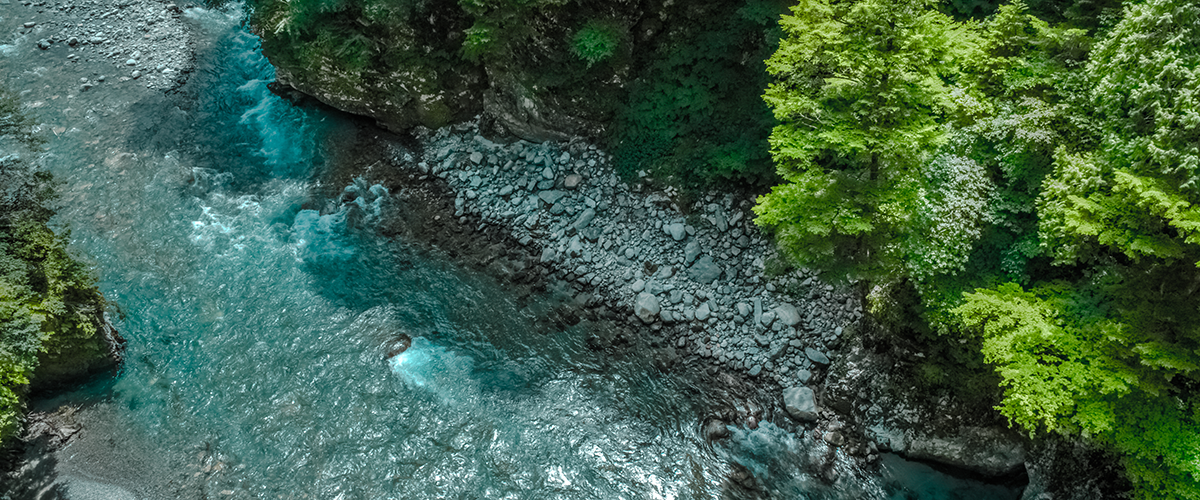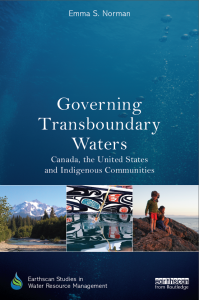The Program on Water Governance at the University of British Columbia is proud to be a member of the International WaTERS (Water-related Training Education and Research in the global South) research and training network. International WaTERS will promote networking and collaboration among researchers working on water related issues, particularly water governance issues in contexts of the global South. The network will also engage in training and development of graduate students and promote interdisciplinary research.
The International WaTERS considers water governance one of the most critical global issues for the 21st century. The network will advance the understanding water resilience and security in the face of increasing climatic and hydrologic variability including the governance, socio-institutional, and equity dimensions of this challenge.
International WaTERS is made up of academics and practitioners from diverse backgrounds and institutions. Partners include; Leila Harris (Program on Water Governance and Institute for Resources, Environment and Sustainability, University of British Columbia), Karen Bakker (Program on Water Governance and Geography, University of British Columbia), Karen Brown (Interdisciplinary Center for the Study of Global Change, University of Minnesota), Michelle Kooy (UNESCO-IHE), Rutgerd Boelens (Wageningen University), Justicia Hidrica (Wageningen University), Jacqueline Goldin (University of Western Cape, South Africa), Anjal Prakash (SaciWaters India, Lawrence Baker (Interdisciplinary Center for the Study of Global Change, University of Minnesota), Mark Johnson (Institute for Resources, Environment and Sustainability, University of British Columbia), Gerardo Damonte (Pontifical Catholic University of Peru), Frances Cleaver (King’s College London, UK), Marwan Hassan (Institute for Resources, Environment and Sustainability, University of British Columbia, UBC), Farhana Sultana (Syracuse University, New York), Gert Jan Veldwisch (Water Equity Network and Wageningen University), Margreet Zwaterveen (UNESCO-IHE), Shiney Varghese (Institute for Agriculture and Trade Policy), Michael Goldman (University of Minnesota), Nikhil Anand (University of Minnesota), and many more.
The International WaTERS network is funded in part by a $200,000 SSHRC Partnership Development Grant. Partnership Development Grants provide support to “develop research in the social sciences and humanities, including knowledge mobilization and the meaningful involvement of students and new scholars, by fostering new partnerships for research and related activities involving existing and/or potential partners; or design and test new partnership approaches for research and/or related activities that may result in best practices or models that either can be adapted by others or have the potential to be scaled up to a regional, national or international level.”
We will be reporting on the progress of the Network as things develop. At this stage, congratulations to the team and please take note of the Network website, www.international-waters.org
If you wish to subscribe to the International WaTERS email list, to receive newsletters and other news, write to internationalwatersubc [at]gmail.com.

 Norman, E.S. (2015) Governing transboundary waters: Canada, the United States and indigenous communities. New York, Routledge.
Norman, E.S. (2015) Governing transboundary waters: Canada, the United States and indigenous communities. New York, Routledge.